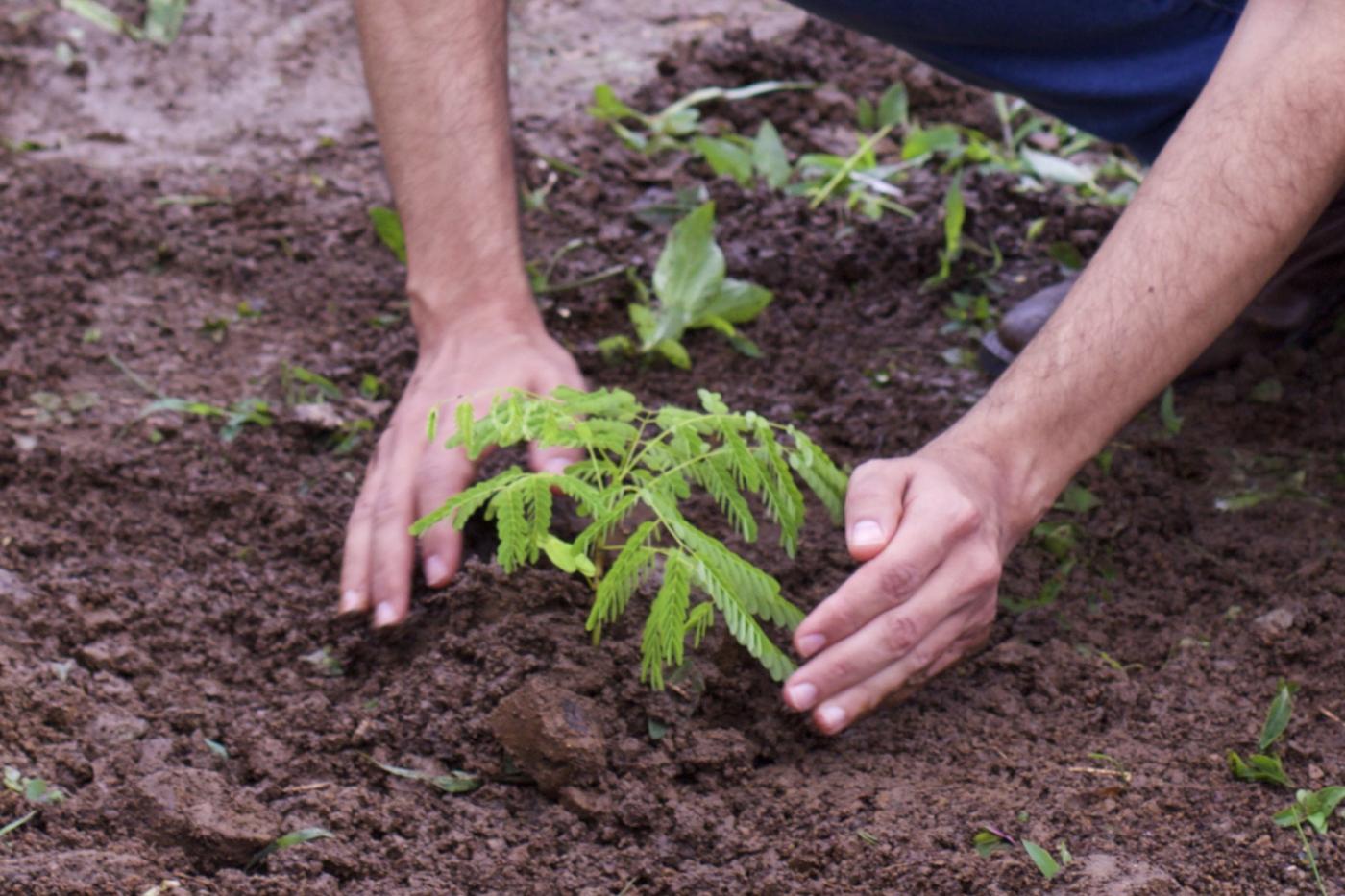News of the bushfires that have ravaged Australia in recent months has been seen by millions around the world. Words like ‘unprecedented’ have been used to describe this national disaster, which has claimed the lives of 34 people and an estimated 1 billion animals.
Our nation has always experienced fires, but never this early in summer and never with such ferocity. The peak bushfire season in Australia is normally around January and February, however these fires started in October. To gain a perspective of their scale, so far more than 19 million hectares of land have been burned, which is more than half the size of Germany. By comparison, the Amazon fires of August 2019 burned approximately 900,000 hectares, while the California fires of 2018 claimed about 800,000 hectares.
Much of the news surrounding the fires has centred around the impact of climate change. Whilst it is acknowledged that the fires on their own cannot be attributed to climate change, the facts are that what we have been experiencing has been predicted by climate scientists for decades.
In 2008, the Garnaut Climate Change Review in Australia predicted that without adequate action, Australia would face more frequent and intense fires by 2020. This has come to pass. Additionally, last year 23 former fire and emergency leaders tried numerous times to warn our Prime Minister that Australia needed more resources to tackle bigger and hotter bushfires. Their requests were not acted upon. And as far back as 1986, Australian scientists warned of a clear link between a changing climate and bushfire risk.
On the positive side, churches have played a major role in responding to the fires. They have gathered together to provide food and drink, and helped to coordinate volunteers, evacuees and service providers. One Melbourne church even postponed their upcoming church camp to instead provide accommodation, meals and activities to firefighters and fire victims.
In our own work at Anglican Overseas Aid, we are also seeing the global effects of climate change and how churches are working together to provide hope to vulnerable communities.
Anglican Overseas Aid is part of the Church Agencies Network Disaster Operations, a coalition of eight church-based agencies specialising in working with local communities to respond to disasters, many of which result from of a changing climate.
Some of these communities, in countries like Fiji, Vanuatu and the Solomon Islands, are predominantly Christian, which means working with churches is a major part of our interaction. Churches are the most trusted institutions in these countries, and part of the work of the Church Agencies Network Disaster Operations has been to commission local theologians to produce Bible studies which focus on a theology of disaster resilience in a changing climate. The studies were developed by Pacific church leaders, drawing on the voices and experiences of people from the Solomon Islands, Fiji, PNG and Vanuatu.
One Anglican priest from Fiji, Rev. Amy Chambers, has described the experiences of Fijian people facing rising sea levels. One effect is that water from the ocean is seeping into people’s backyards as far as one kilometre from the shore. There is even a village on the main island of Viti Levu where the cemetery is submerged.
“The cemetery is actually now completely underwater. The people have a connection with the land; cemeteries are not just stones of dead people, but it’s now been taken over. Our ancestors are underwater,” says Chambers.
“As I go around my island there are places where we used to go fishing as children; we don’t go there anymore. What’s happened to the place? Well, there are no fish there anymore. It’s because the reefs have become bleached.”
The effect of rising sea levels is the same in Vanuatu, where Anglican Overseas Aid partners with the Anglican Church of Melanesia. On the island of Ambae, one of the roads on the beach has had to be moved 15 metres inland. A local priest, Fr Willie Ben Tabi, says that in 10-12 years the road will have to be moved further inland again.
What we are seeing is that climate change is a poverty issue. UN special rapporteur on extreme poverty and human rights, Philip Alston, says that “climate change threatens to undo the last 50 years of progress in development, global health, and poverty reduction.”
Climate change has no borders; it affects poor and rich nations alike. The Australian bushfires have brought a sense of vulnerability that many of us here normally associate with poor nations. Please pray for comfort and peace for those who have been affected, and for courage and wisdom for our leaders in their response.
Rev. Dr Bob Mitchell serves as Chief Executive Officer of Anglican Overseas Aid, Pacific. He has a passion for aid and development as a ministry of the church. His PhD focused on the way Christian theology can influence international development work and practice. Bob is a legal practitioner by background, and was a partner at PwC for nearly 15 years. He has served on several community and not-for-profit boards: BlueCare, World Relief, the PwC Foundation, Timor Children’s Foundation, Global Health and Development Network, and Western Health. He is currently a director of Eastern Health, Mission Australia, the Melbourne Anglican Diocesan Corporation, and the ACT Alliance. He is also a member of the international advisory board of the Christian Journal for Global Health and is a Council Member of the University of Divinity.

